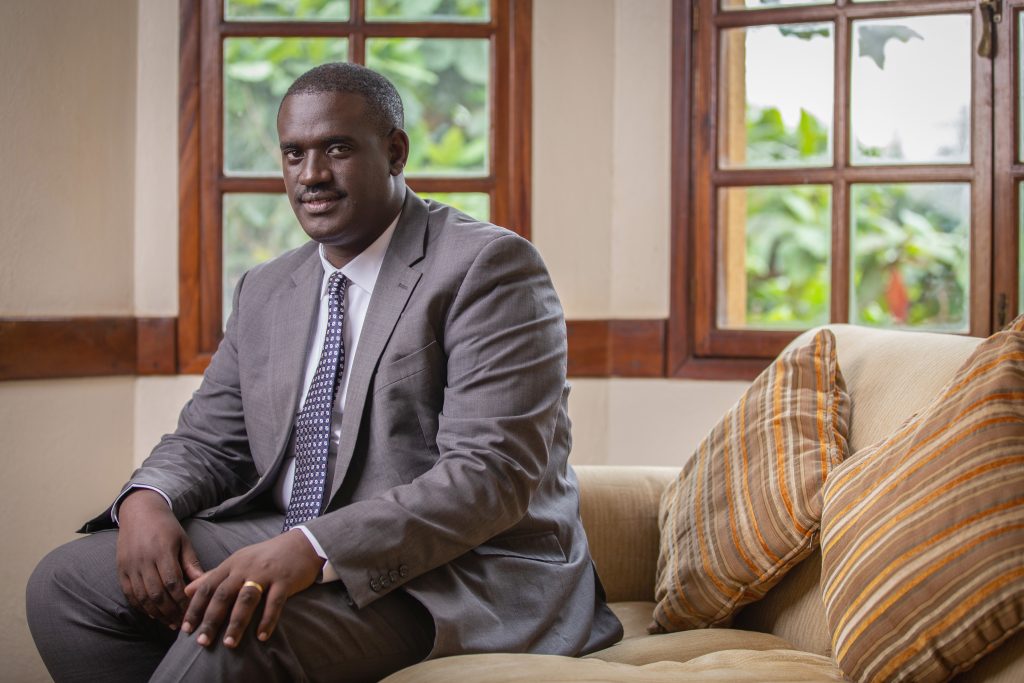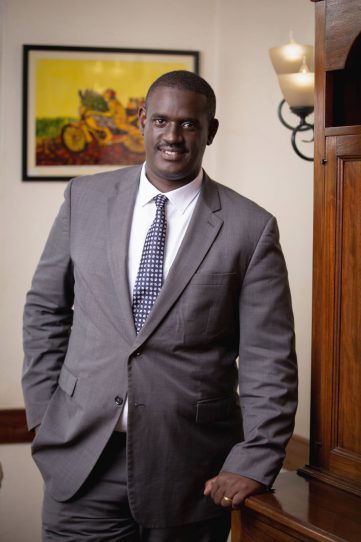The East African Crude Oil Pipeline (EACOP) has attracted debate in both local and international news after the European Parliament passed its controversial resolution that rubbed many Africans the wrong way, and rightfully so. Uganda’s Lake Albert oil project is one of the world’s most scrutinized projects. Sadly, it has become the norm for Africa to explain and justify any development project on the continent to foreign governments, foreign media houses, foreign activists and now the EU Parliament. In reference to the EACOP resolution on Uganda’s oil, a Member of the European Parliament (MEP) Tomáš Zdechovsky complained that after hours of negotiation amongst the different political groups in the EU Parliament, a “compromise text” had been adopted which was later abandoned by the movers of the motion. The fact that EU MPs were determining East Africa’s future did not sit well with Ugandans.
Since the EU Parliament debate, a number of Ugandans have weighed in with their views. Some have raised questions. Others have raised eyebrows at some of the initial responses to the EU Parliament. Personally, I am happy that we are engaging on this subject. It is important for a people who have long been colonized to firmly and unapologetically reject any attempt to determine for them what projects they can and cannot do. For too long, many of the world’s wealthy countries have ridden on the backs of the poor and determined what projects are good for them. The angry response by Ugandans must be seen in that context. There are those who argue that once we take aid money, we cannot assert independent thought. In other words, when Europeans open their wallets we must close our minds. This is as a result of the long period of African colonialism and neo-colonialism. It has made some reject a development project because a foreign Parliament has asked them to. Fortunately, the majority of Ugandans have rejected this form of cultural emasculation. Since the EU environmental claims were debunked, the project opponents are now trying to use local politicians in their usual divide and rule style.
Some of those who do not agree with the political leadership of Uganda argue that oil should wait until we have other leaders. They want the project to stop until further notice and are opposed to Total Energies even investing in Uganda. Government should seek out and give all the facts and progress of the project to those that have expressed this view. Stopping the project would mean a number of things; that Ugandans who have signed compensation agreements for land should not be paid, those who have been paid should refund any payments made to them, those who have borrowed money to deliver on these projects should lose their securities, the businesses that have been established along the pipeline corridor should close and the thousands of people working directly in the sector should be fired. It is worth noting that Total Energies has been in Uganda for decades. It partners with thousands of Ugandans to deliver fuel to petrol stations. Should the petrol station owners, dealers, pump attendants or storekeepers who partner with Total Energies lose their businesses and livelihoods? It is not surprising that EU MEPs can argue for the unemployment or firing of Ugandans for ideological reasons. They are concerned about their people and not ours. Ugandan leaders should not take such a position against ordinary land owners, welders, farmers or businesses. Actually, leaders must push for more Ugandans in the sector, for a larger share of business to come to our local companies. The demand should be for increased local participation.
Thus far, reassurance has been provided to Parliament by the Minister of Energy. This was when Parliament debated EACOP and passed a law to govern the project; The East African Crude Oil Pipeline (EACOP) (Special Provisions) Act, 2021.
EACOP is a project regulated and governed by Ugandan law. It is also worth pointing out that the EACOP law was passed with the support of the whole House. The Minister of Energy publicly saluted the Leader of the Opposition and his entire team of opposition MPs for the work they put in to ensure the EACOP Bill is passed by all sides of the House, unanimously.
Oil is bound to bring significant benefits to Ugandans and Tanzanians. Yes, there is a lot that can be improved and a lot that should be explained. However, we must strive for progress in this project. Stopping it is not an option.



